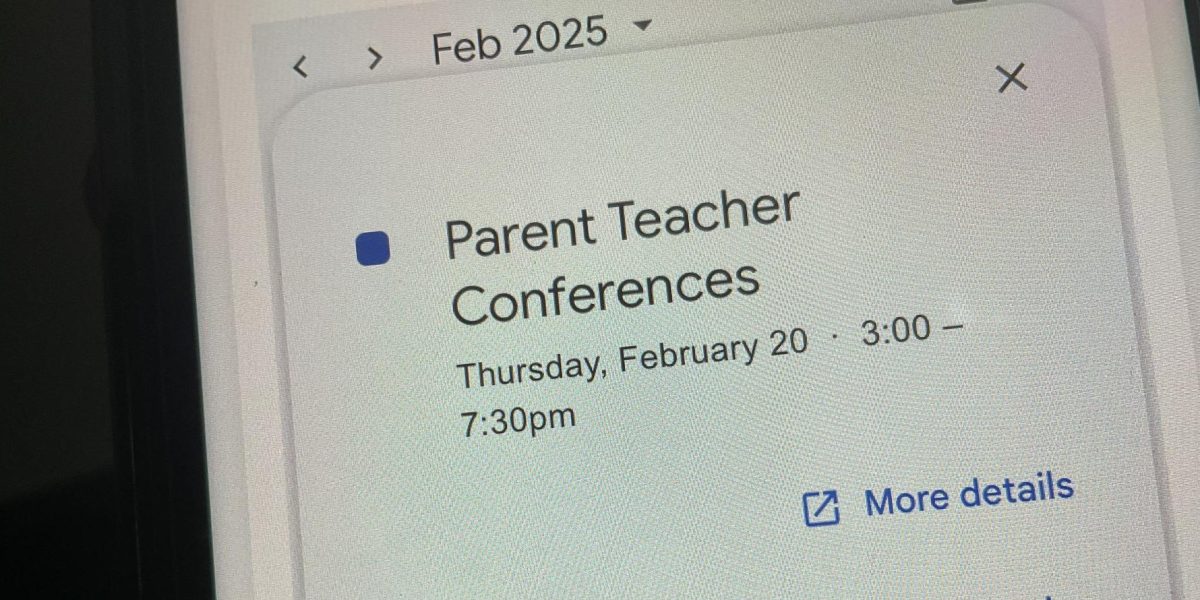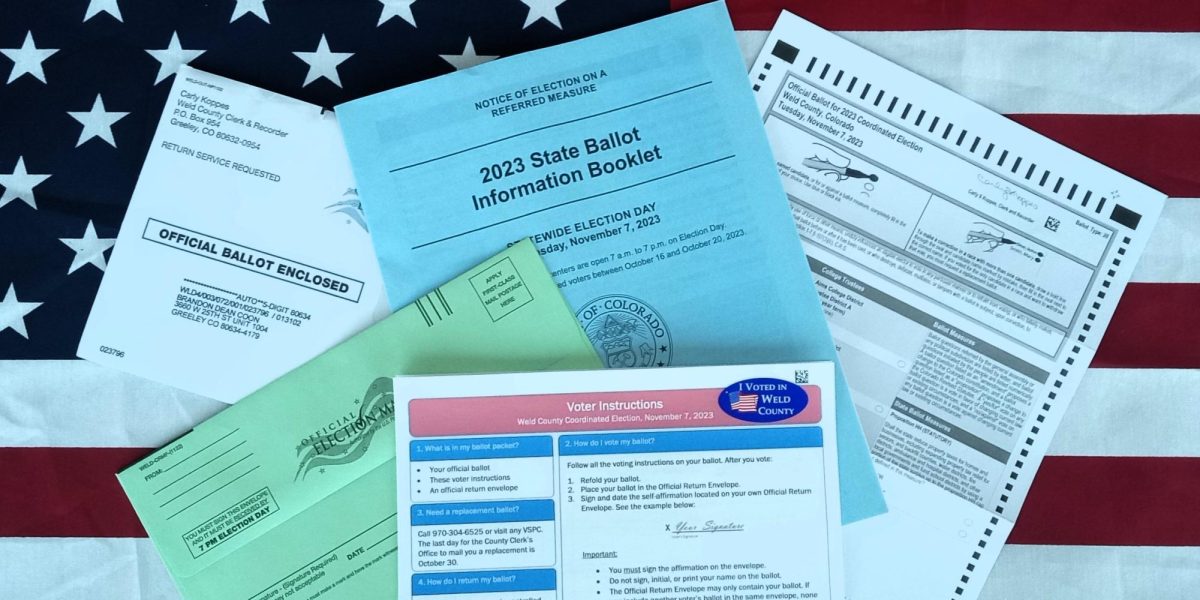At the start of each year, millions of people across the country set a promise to themselves. Setting these New Year’s resolutions is an overwhelmingly popular tradition that the majority of people partake in with the goal of self-improvement of some kind. However, about 23% of people give up by the end of the first week, and 43% by the end of January. In fact, only around 9% of people will uphold their resolutions.
This suggests that, statistically speaking, you will probably fail your resolution. Whether you plan on making big sweeping changes in your life, breaking a bad habit, or gaining a new hobby; it just won’t work out. Within months, nearly all of those millions of resolutions will be forgotten about, abandoned due to any one of countless reasons.
Most resolutions fail simply because optimism and hoping aren’t enough to create change. Real action has to be made, and accountability must be taken. To actually accomplish these goals, you should think about them a little differently. However, the first step is to ensure the resolution itself is actually effective.
Understand Yourself
Before you can even begin working towards any effective goal, you first have to understand what exactly about yourself demands improvement or change. Some of the most common New Year’s resolutions are concerning health, diet, or exercise, which are all great examples of this.
Do you want a new hobby? Then you better choose one that you are genuinely interested in. Working towards a goal purely for aesthetic reasons probably won’t help you. Set a resolution that is meaningful and relevant to you.
Be Specific
Which of the following resolutions would someone be more likely to achieve?
- Lose twenty pounds by April—five per month—by exercising and dieting consistently.
- Lose weight.
Once you have successfully identified an area that you want to improve or change, then you should set a resolution that is realistic, specific, and achievable. It gives you clear direction and a quantifiable target.
You could try doing this using a goal setting method such as the SMART criteria (Specific, Measurable, Achievable, Relevant, and Time-bound), or by just generally planning and understanding the necessary steps and process.
Have a Plan
So you have a resolution, and you’ve broken it down into measurable steps that should be easier to follow. Now what?
Actually getting to that goal is a bit more tricky. You need a plan, or at least a general understanding of how your goal can be achieved. Say you want to learn a new language. Well, your brain isn’t going to just start automatically learning, and figuring it out as you go will eventually fall apart.
It takes persistent action to accomplish a long term goal, so figure out what you have to do to learn that language. Map out the plan as soon as possible, then slowly and consistently work towards achieving that resolution.
Monitor Progress and Take Accountability
If you’re actually serious about your resolution, then it’s necessary to stay that way throughout the whole process. Keeping motivation can be difficult, and even a small slip can seriously hinder your plan. Monitoring progress with check-ins against some set milestones can help you stay on track, and sharing progress with a friend might provide some degree of support. Ultimately, you just need some sense of accountability and urgency for when that motivation does falter.
Furthermore, you must be willing to modify that plan based on how achievable it seems given your progress so far. This isn’t necessarily moving the goalpost to make the resolution easier, but instead changing the route to keep it feasible. The end result is what matters; changing how you get there is acceptable if it helps.
Be Realistic
Significant change is very difficult to achieve. It takes time and persistent effort, and usually isn’t as incredible in hindsight as we previously thought. If you genuinely want to change for the better, then work towards it with realistic expectations. Understand your habits and evaluate how likely you are to actually get where you want to be.
Your New Year’s resolution definitely isn’t impossible, even if it is ambitious. Just be honest with yourself and temper your hopes slightly, so you don’t set yourself up for disappointment. With patience and effort, your goals are possible. Just don’t expect them to magically happen without the necessary struggles.




















































